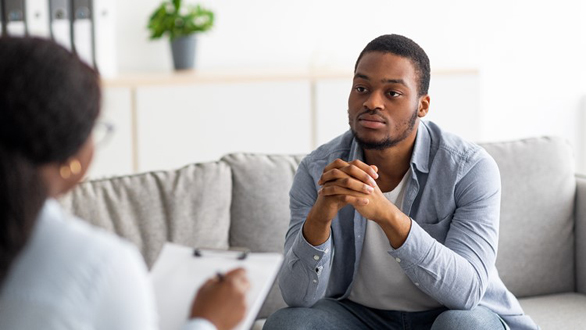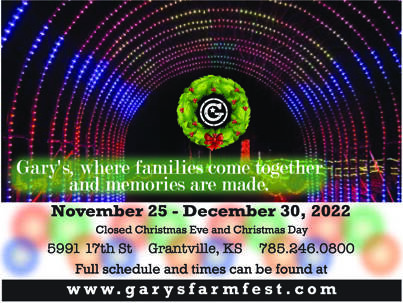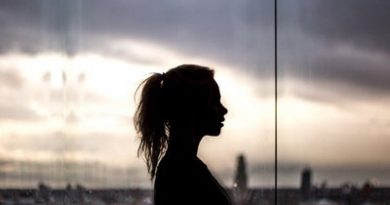Minority Mental Health Month
BIPOC Mental Health Month, originally designated as National Minority Mental Health Month, is observed each July and was established in 2008 with the goal of bringing awareness to the unique mental health challenges and needs of underrepresented groups in the United States. This campaign helps to address mental health disparities and issues faced by Black, Indigenous, and People of Color.
READ: You can still register for National Night Out, to be held on August 6
The term BIPOC encompasses a range of people and the groups within this wider label may experience their own unique challenges that may not be experienced by all groups. There are some common factors that influence mental health and deter treatment for underrepresented groups. Socioeconomic disparities can limit access to care when people lack health insurance and reliable transportation. Stigma and cultural taboos can cause apprehension and feelings of shame about seeking professional help and at times cause people to rely on social supports for help or go without any treatment at all. Language and cultural differences can be a barrier to treatment and it can be difficult to find bilingual or Spanish speaking providers. People may be distrustful of professional mental health providers and be concerned that there is a local of cultural competence. For example, less than 2 percent of American Psychological Association members are Black or African American.
These factors act as barriers to treatment and lead to disparities in mental health outcomes that need to be addressed. According to Mental Health America or the American Psychiatric Association:
- Black and African Americans are less likely than white people to die from suicide at all ages. However, Black and African American teenagers are more likely to attempt suicide than White teenagers.
- Black and African American people are more often diagnose with schizophrenia and less often diagnosed with mood disorders compared to white people with the same symptoms.
- Black and African American people with mental health conditions, specifically those involving psychosis, are more likely to be in jail or prison than people of other races.
- Native/Indigenous people in America report experiencing serious psychological distress 2.5 times more than the general population.
- Native/Indigenous people in America start to use and abuse alcohol and other drugs at younger ages, and at higher rates, than all other ethnic groups.
- Although overall suicide rates are similar to those of whites, there are significant differences among certain age groups. The suicide death rate for Native/Indigenous people in America between the ages of 15-19 is more than double that of non-Hispanic whites.
- Asian American and Pacific Islander (AAPI) adults are the racial group least likely to seek mental health services – 3 times less likely than their white counterparts.
- Of AAPI adults with a mental illness, 73.1 percent did not receive treatment compared to 56.7 percent of the overall population.
- Percent of people who identify as being two or more races with mental illness: 25%
- People who identify as being two or more races are most likely to report a mental illness within the past year than any other race/ethnic group.
Through education and awareness of the unique issues that face underrepresented groups, we can work to prove mental health care that can meet the specific needs of all people.
If you are concerned about your mental health, it is important to get professional help as soon as possible. Valeo’s Crisis Center is located at 400 SW Oakley Avenue and no appointment is necessary. The emergency walk-in clinic is open 24/7. Valeo’s 24-Hour crisis line is 785-234-3300.
–By Courtney Rooks, Valeo Behavioral Health Care
Valeo Behavioral Health Care
785-233-1730 • www.valeotopeka.org
Crisis Services
400 SW Oakley
Topeka, KS 66606
24 Hour Crisis Line
785-234-3300
National Suicide Prevention Life Line
1-800-273-8255
Shawnee County Suicide Prevention Coalition
Family Service and Guidance Center (18 and under)
325 SW Frazier
Topeka, KS 66606
24 Hour Crisis Number
785-232-5005
Healing after Loss to Suicide Group (HeALS)
Sandy Reams – Group Facilitator
Topeka.Heals@gmail.com
785-249-3792
Go here to visit the Topeka Health & Wellness Facebook page for local event notices, breaking news and local announcements. To help us spread the word, and to continue seeing our posts on your Facebook feed, “Like” the page and then like or share a story now and then, so that they will keep showing up in your feed.







